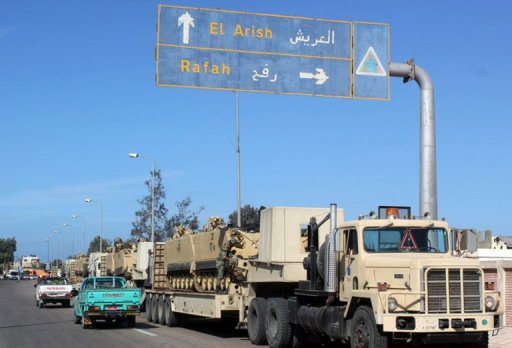CAIRO: Jimmy Carter, founder of the Carter Center that observed Egypt’s parliamentary elections, said his greatest disappointment in the process was the gross under-representation of women in parliament.
"I believe women were failed by of the cancelation of the quota system and because political parties put them on the bottom of their lists," Carter said in a press conference Friday announcing the preliminary findings of the Center’s observations.
The former US president said that Egyptian women deserve a more significant role in government; their rights should be addressed in the constitution to give them more representation.
"But it is a decision for constitution writers to make. I am just expressing my personal opinion," he said.
The Center’s preliminary report added that the lack of official instruction to electoral stakeholders and the voting public was a major shortcoming in the process.
"There were offers made by some organizations, not the Carter Center, to the Supreme Electoral Commission (SEC) to encourage more training and education to the public about the process," Carter told the press.
He added that officials informed him that counting the votes in the Shoura elections would take place at the polling stations instead of going into the complexities of transferring the ballot boxes to central locations. He regarded that as an improvement.
"However, I believe some more instructions would have been helpful," he said. The Center’s report described the counting process as “chaotic.”
The Carter Center’s report stated that although the legal framework for the elections has served as a reasonable foundation for the electoral process, it was far from ideal.
"The election administration lacks the full legal authority necessary to be independent. In addition, inconsistencies in the legal framework were exacerbated by piecemeal and last minute amendments," the report said.
It added that in many instances, the timeline of complaints and the remedy granted by the courts, specifically the rerun of some elections, have extended the election calendar and caused legal uncertainty. The election complaints process was one of the Center’s most significant concerns.
The report added that voters were generally able to cast their ballots free of interference and intimidation in the first post-Mubarak elections where parties and candidates representing a spectrum of views generally participated without interference.
The People’s Assembly elections are the first to be held after Mubarak’s ouster from power on Feb. 11, transferring his authorities to the military council.
Carter had met with members of the Supreme Council of the Armed Forces during his visit to Egypt. He said that his meeting with the generals left him with an impression that SCAF wants to retain some special privileges after they transfer the power to the civilian elected leaders especially when it comes to the military budget.
"In my meetings with about 11 political parties in Egypt, I encouraged them to make sure that the parliament would get all powers. But this is a decision to be made by Egyptians," Carter said.
He added that there is a general consensus to transfer power to an elected president by the end of June. "However, my hope is that any altercations that might come up would happen peacefully," he said.
"The will of the people who went to the polls and voted have been adequately represented in the results. And all the parties I met expressed their eagerness to maintain the Camp David treaty between Egypt and Israel including the Salafis and the Muslim Brotherhood’s party," Carter added.
He stressed more than once that the MB’s Freedom and Justice Party (FJP) and the Salafi Al-Nour party will honor the peace accords and have no intention of doing otherwise.
While some observers of Egypt’s transitional period say that SCAF is trying to guarantee a safe exit for itself before a complete transfer of authorities to a civilian government, Carter said any one proven guilty of using excessive violence against peaceful protesters should be punished accordingly.
"Again, this is a decision to be made by the people," he stressed.
The Carter Center witnesses observed that, in general, police and army personnel acted competently throughout the election.
However, this observation stands in sharp contrast to the behavior of the security forces towards the demonstrations in Tahrir Square, where the excessive use of force undermined public confidences, the report stated.
Deeming the People’s Assembly election a step towards Egypt’s democratic transition, Carter said that it has been a great honor for the Center to be involved in this historical period.

